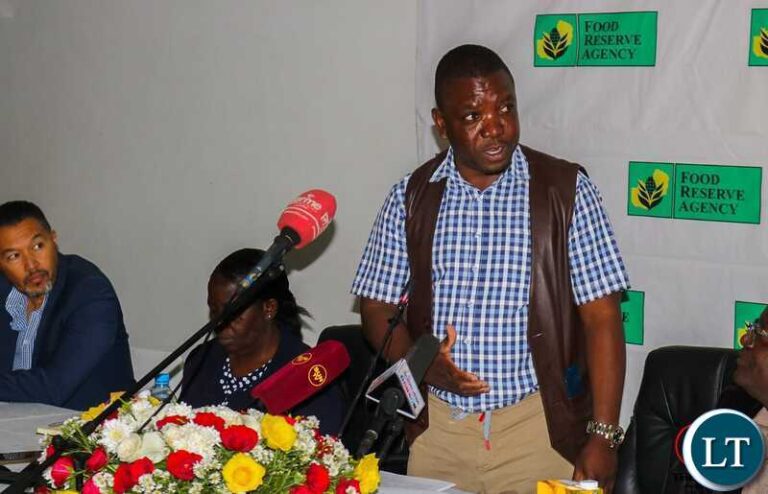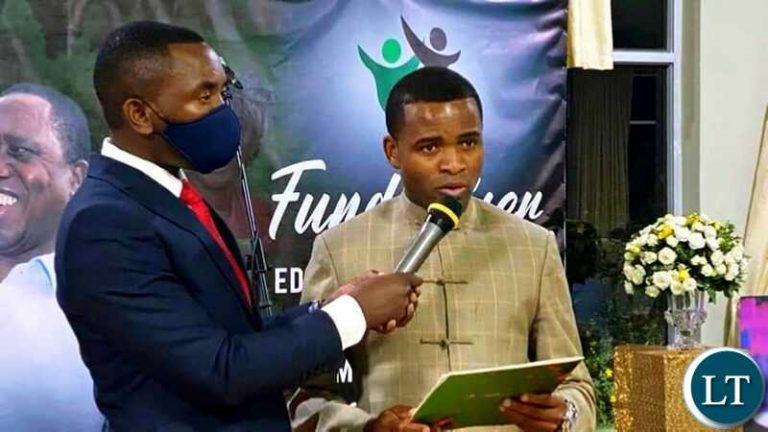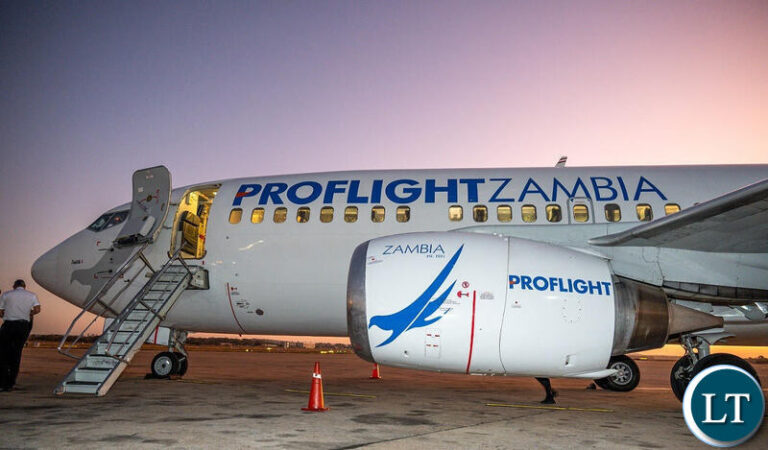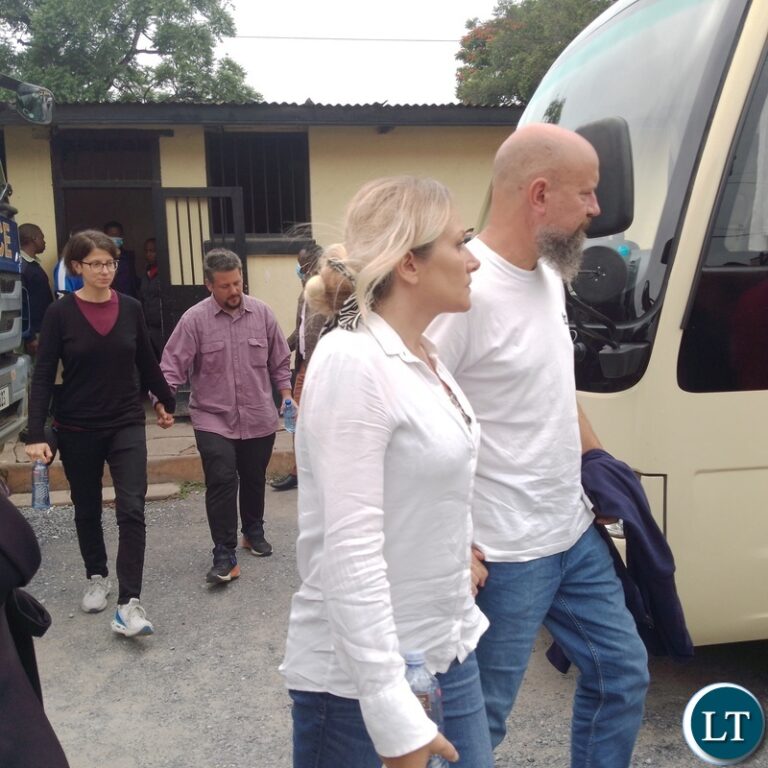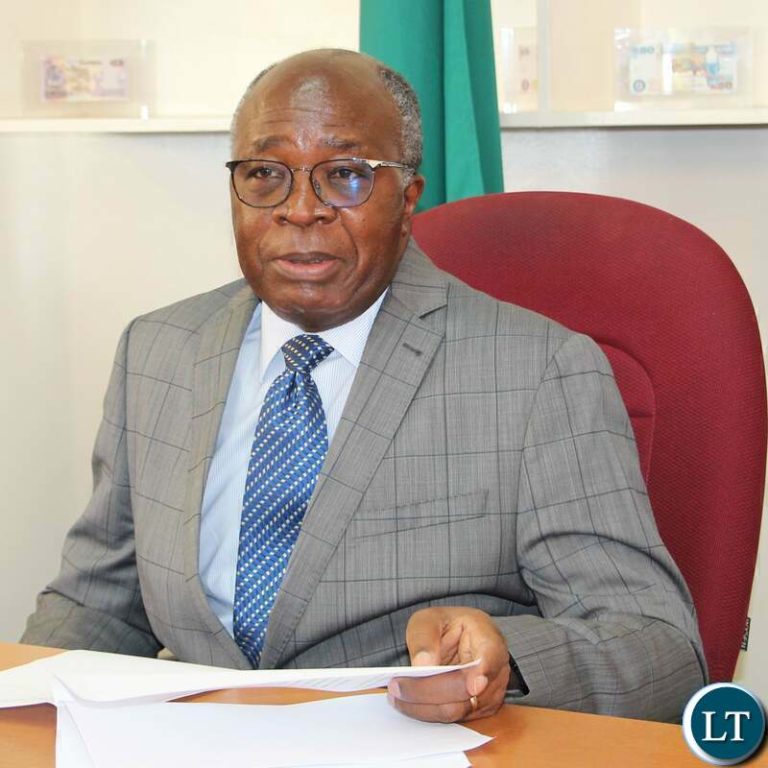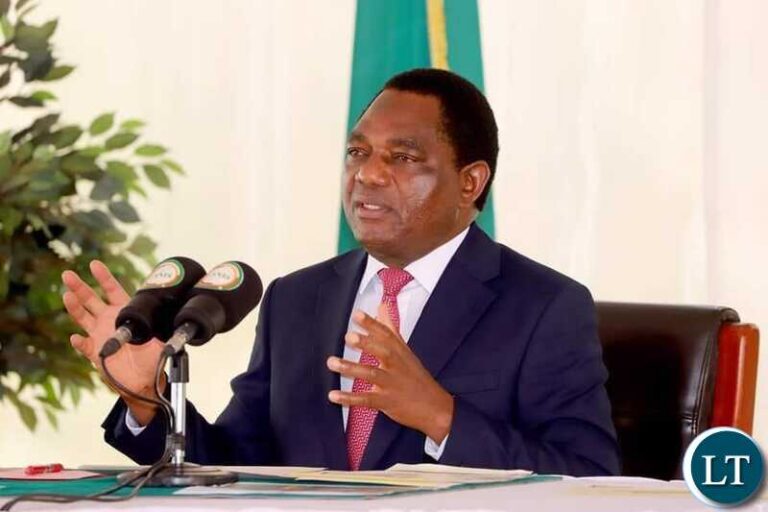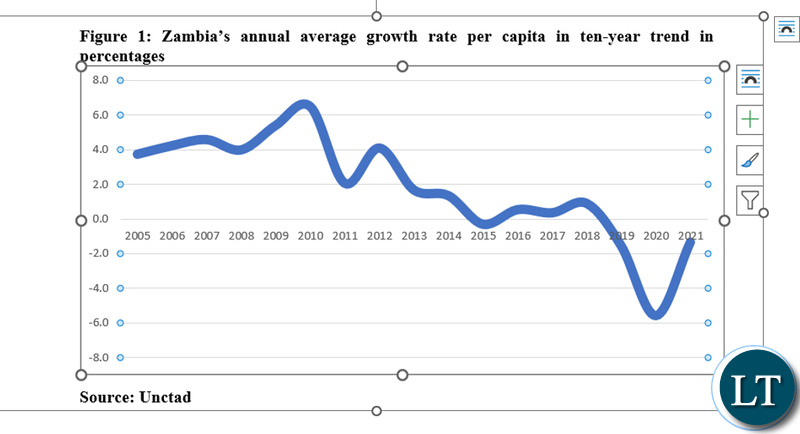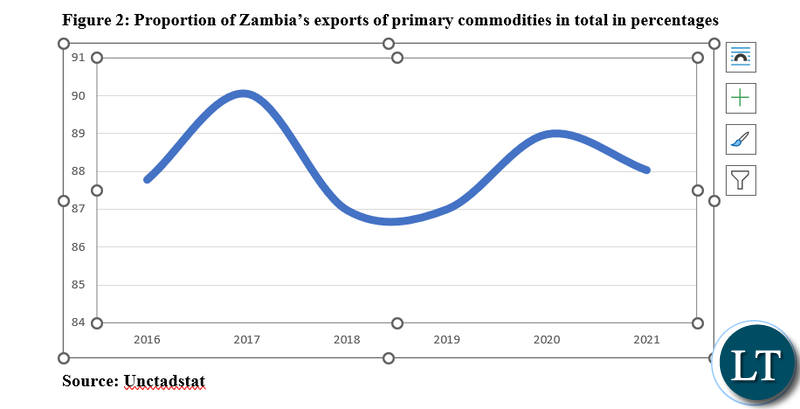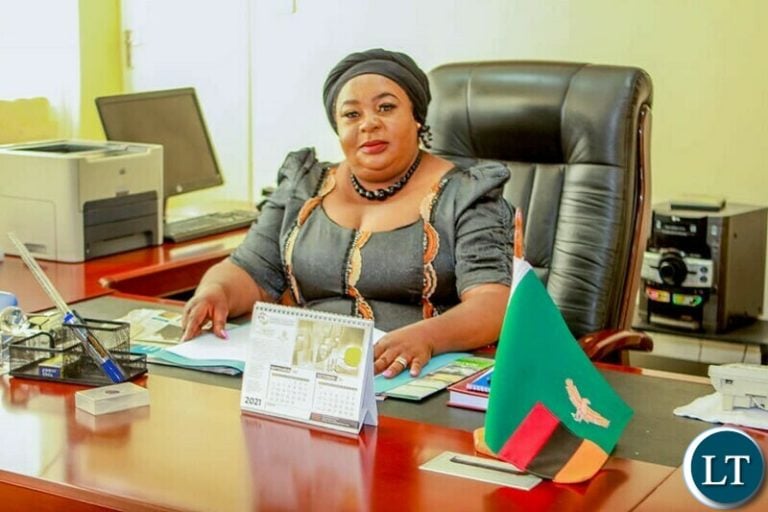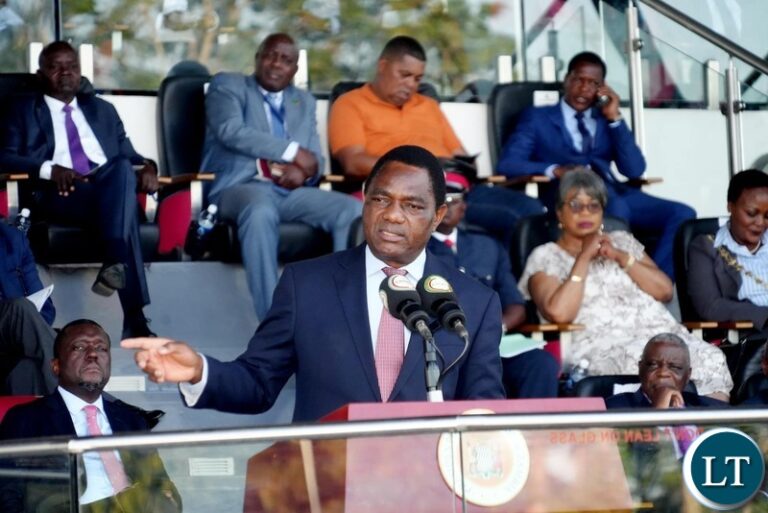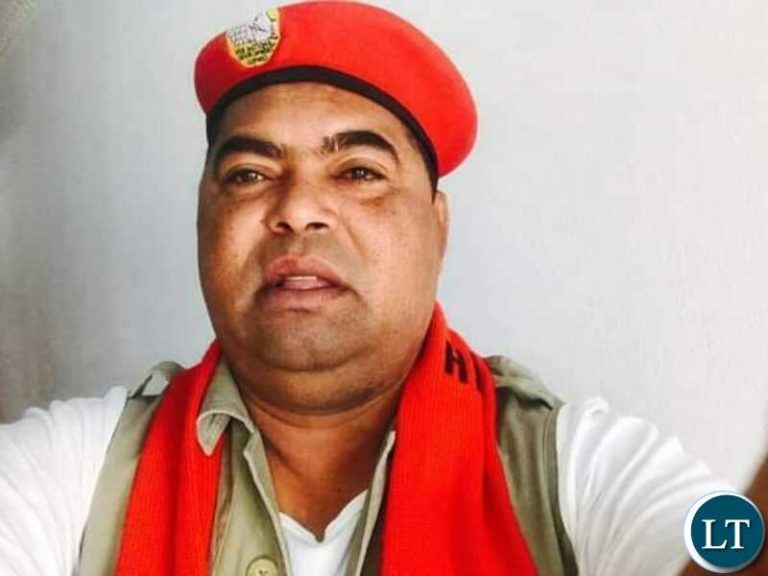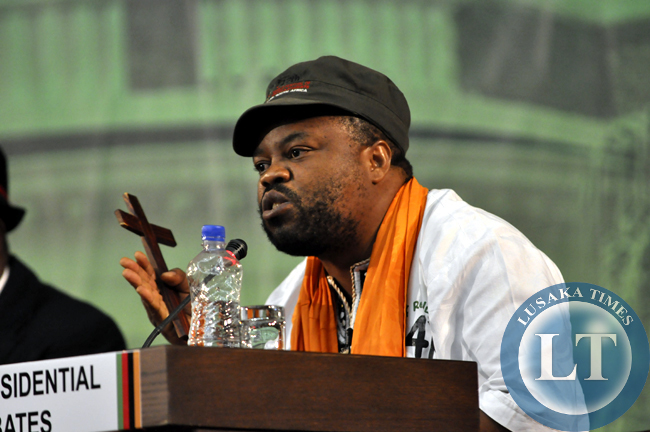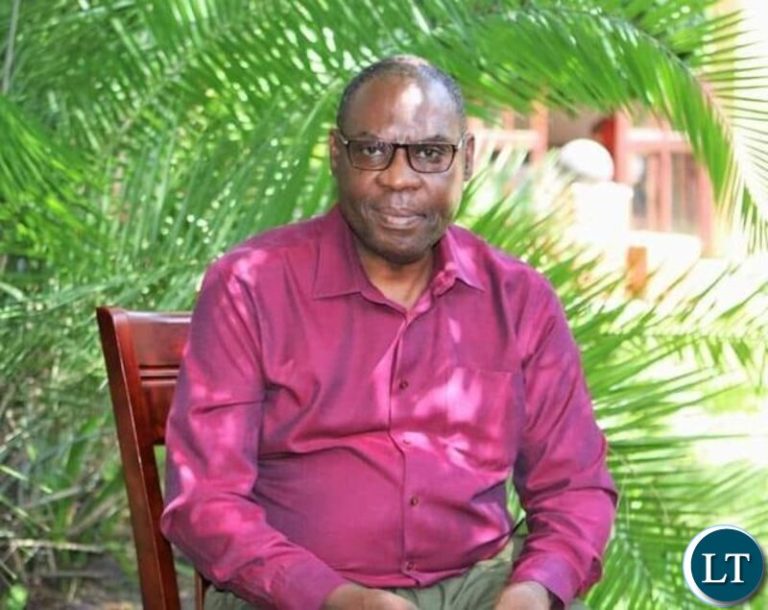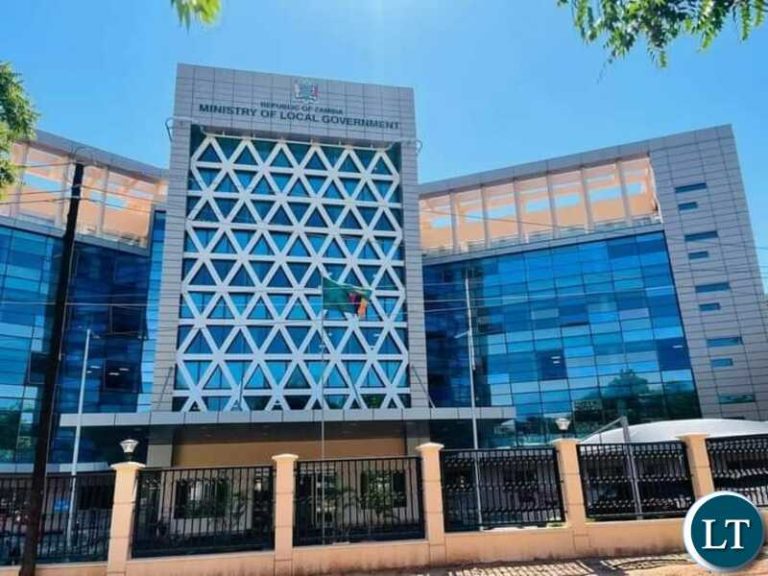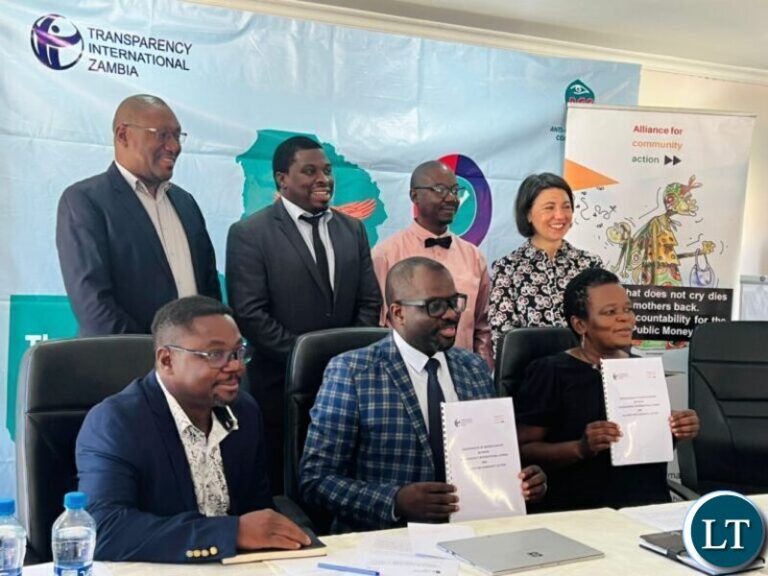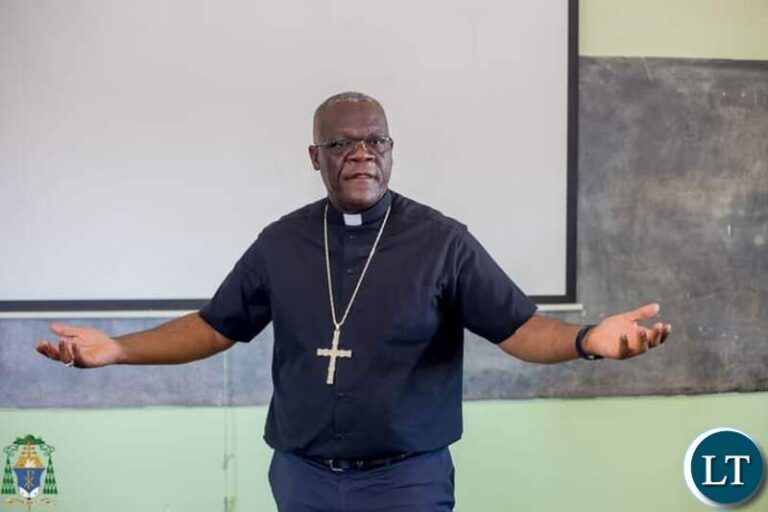By Isaac Mwanza
Since 1964, Zambia has been a constitutional democracy, which is alleged to be governed by the rule of law. However, adherence to the Constitution and enforcement of constitutional provisions is quite questionable and demonstrably weaker in Zambia than in other similarly described countries such as Kenya and South Africa.
In 2016, Zambians made extensive changes to the Constitution of Zambia Act, 1991. These changes led to the establishment of 18 independent Commissions and other offices under Part 18 of the Constitution.
This article focuses on why Zambia has independent commissions and offices established by the Constitution, and what their roles should be in a democracy.
Among the 18 independent Commissions, 7 are Service Commissions and 3 are investigative Commissions, which in in our daily life we loosely refer to as law enforcement agencies.
The remaining 8 Commissions cover elections, human rights, gender, emoluments in the public service, land, audit, complaints against police actions and complaints against judges of our superior courts in their individual capacities on matters of their conduct.
The Office of the Public Protector and Auditor-General are other independent offices created by the 2016 constitutional amendments.
But there are also other statutory commissions established in Zambia by ordinary law. Such commissions include the Zambia Law Development Commission (ZLDC) and the Citizens Economic Empowerment Commission (CEEC).
The others are Competition and Consumer Protection Commission (CCPC), Securities and Exchange Commission (SEC) and National Food and Nutrition Commission (NFNC).
The repealed provisions of Article 109 clauses (2) and (3) of the 1991 Constitution and later Article 123 of the 1996 Constitution provided a foundation upon which the National Assembly established those statutory commissions. Those provisions no longer exist in the current Constitution.
Although Commissions are a drain on limited public resources, President Hakainde Hichilema’s administration has advanced its ambition to also establish the Minerals Regulation Commission (MRC).
Our Part 18 Institutions are called independent commissions and offices. They were created with the intention of taking them outside the control of the political establishment and the Executive branch of government.
Article 216 of our Constitution is what gives these bodies independence to ensure their impartiality and fairness in the discharge of their functions.
They are therefore a group supposedly free from political control so they can work towards a specific goal for the country or state. They are not to be influenced or dictated by politicians, senior bureaucrats or any other person or institution, including the President and his ministers.
We can call these Independent Commissions and offices as the fourth arm of the State considering their autonomous nature.
In Kenya, these Commissions and offices are referred to as Chapter 15 Institutions while South Africa calls them Chapter 9 institutions. In these countries, independent bodies have brought about fundamental changes in the values and practices of state officials and the nature and objectives of the state.
When it becomes necessary to protect their constitutional mandate or advance their interests, these institutions do sue other institutions and members of the executive or judicial arm of government.
In the face of the fact that Zambia has both Commissions created by the Constitution while others are established by statute, a thin or blurred line exist between these two types of Commissions.
It is understandably not easy for laypersons and lawyers (including some of our jurists) to distinguish and appreciate the importance of these independent bodies from statutory commissions.
One notable difference between constitutionally-established commissions from statutory ones is the modus operandi of their functioning. These Independent commissions are established based on the need to remove political, tribal, regional or partisan control over these institutions.
This was to mark a break from a historical past of their excesses, secrecies, mysteries and partiality in the discharge of functions since independence. And in the exercise of their everyday functions, independent bodies are bound by constitutional principles and values such as constitutionalism, good governance, non-discrimination, accountability, transparency, among others.
However, just like the Judiciary, factors that adversely affect the independence of these Commissions include how their members are appointed or removed from office. Appointments to independent Commissions are engraved in Articles 240 and 173(1) of the Constitution as read together with Section 4 of the Service Commissions Act.
We as citizens remember – even if leaders from our three organs of Government do not – that the Constitution itself require the appointment of members to these commissions to be done on the basis of merit, equal and adequate opportunities. In addition, the law also requires qualification, competence, suitability, relevant experience and good behaviour as a prerequisite for appointments.
Those who are being appointed as commissioners ought to have declared their assets and liabilities, which is not happening in blatant violation of our Constitution.
It is true to state that when persons are being considered for appointment using the ancient practice shrouded in secrecy and mystery, political stooges get to be appointed while independent minds are left out.
The question on removal of members of independent commissions has also sadly been left to subsidiary legislation.
Once appointed, a commissioner can be removed by a process that again gives the President and other bodies a major role – threatening the Commission’s independence. Members of independent institutions are dismissed at the instance of a sitting President or Minister.
Commissions such as the Judicial Complaints Commission do submit to the wishes and demands of a powerful executive President.
It is now a persistent trend in Zambia that members of independent bodies get unconstitutionally removed and discriminately discharged out of a political vendetta or on very flimsy reasons.
It should however be clear at this point that together with a strengthened judiciary, independent Commissions and offices should have represented a significant restructuring of Zambia’s key State institutions that were once weak.
Sadly, independent Commissions and offices have continued to operate in a way which is similar to how they did during the one-party era. The environment under which these bodies operate remain the same.
All bodies in Zambia, regardless of whether they are independent or statutory, have been forced to continue serving and acting on behalf of and under control of the politicians who may be in power at a particular time.
The superiority of independent bodies in Kenya and South Africa over the ones in Zambia has much to do with the constitutional roles that those bodies perform and the security of tenure which their members enjoy in those countries.
Under Article 181 of the Constitution of South Africa, Chapter 9 Institutions have a clear mandate of protecting and strengthening South Africa’s democracy.
In Kenya, independent commissions and offices are constitutionally designed to protect the people’s sovereign power, ascertaining that all state organs observe democratic values and principles.
In those countries, independent bodies are protected in different ways by the Constitution. The courts in Kenya and South Africa boldly enforce independence of these commissions and offices even when it may be attractive and rewarding to make decisions that please the executive arm of government.
It is not easy in Kenya to dismiss members of independent bodies in those countries because their constitutions have demanded a procedural dismissal process.
On the other hand, the salaries of members of these independent commissions and offices in Kenya are at the same scale as those of judges of the superior courts and are a charge on the consolidated fund. This means that they are not voted on annually or discussed in Parliament.
How then can we make our independent commissions responsive in Zambia?
The courts ought to play a vital role in ensuring that independent commissions and offices are made and operate subject to the Constitution first before any other law as required by Article 216 of the Zambian Constitution.
Our courts have a big role to protect constitutional principles and values, including Article 173 values, which binds national, provincial and local government levels as well as all State organs and State institutions.
Secondly, there must be true political will to ensure each independent commission becomes a self-accounting institution which deals directly with the Ministry of Finance.
There should be adequate funding for these commissions to enable them effectively perform their functions.
Thirdly, non-state actors and the Commissions themselves must rise to the occasion to ensure that they are legally protected as independent bodies which are fully discharging their constitutional functions.
The task thus remains with persons and institutions to do their part.
In this decade, civil society groupings in Zambia can learn from their counterparts in Kenya and South Africa and step into the ring.
NGOs ought to abandon their constant roles of being voices for never-ending processes of amending the Constitution. They must instead seize the opportunity provided by the Constitution itself to present their grievances to competent courts of law.
We must never tire out in demanding for institutional reforms, adherence and respect for our Constitution, and its principles and values.
[For any feedback and contributions, write to [email protected]]
Published by the Daily Nation, May, 2023


